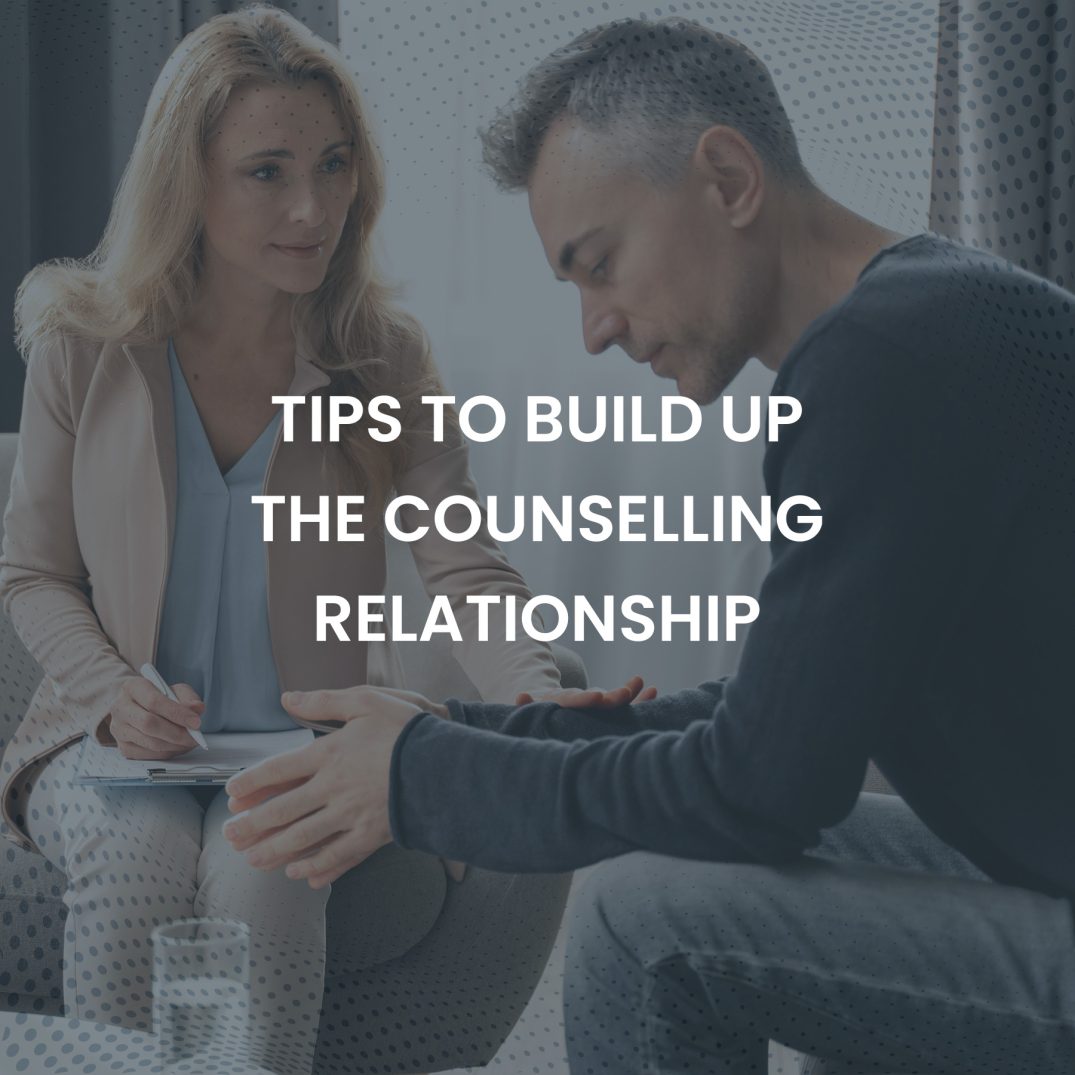Professional supervision is a supportive experience available for all counselling practitioners where a counsellor has a fellow professional as a mentor and provider of emotional support, information, and guidance. It is a reflective process that can include self-care, ethics, theories in practice, and professional growth. This is a valuable experience…
The purpose of counselling is to assist people who require outside help to manage and resolve their personal difficulties. People seek out counselling when they want to change something in their lives, or to explore their thoughts and feelings in a more in-depth manner with a professional. Counselling exists to…
Knowing boundaries is key to creating a mutual understanding between the client and the counsellor. This can help clients approach their counselling sessions with the right frame of mind and with greater clarity on how to achieve what’s best for their wellbeing. Professional boundaries can include length of sessions, general…
If you are unsure about the difference between a counsellor and a therapist, you’re not the first or the last. Here the main differences will be highlighted between the two and in the process, it will tell you more about counselling and the nature of the counsellor-client relationship. Counselling and…
In counselling, transference is when the client unknowingly redirects feelings onto their counsellor that are about an entirely separate individual. This is a normal occurrence that can happen to clients when they are being counselled and represents a complicated mix of emotions, memories, and subconscious behaviour. A client can unconsciously…
For counselling to be successful, it requires the client to share their experiences and behaviour honestly. Ideally, the counselling relationship is a close and trusting one that allows this to happen. However, many clients are used to concealing and avoiding the things that need to be discussed. And of course,…







